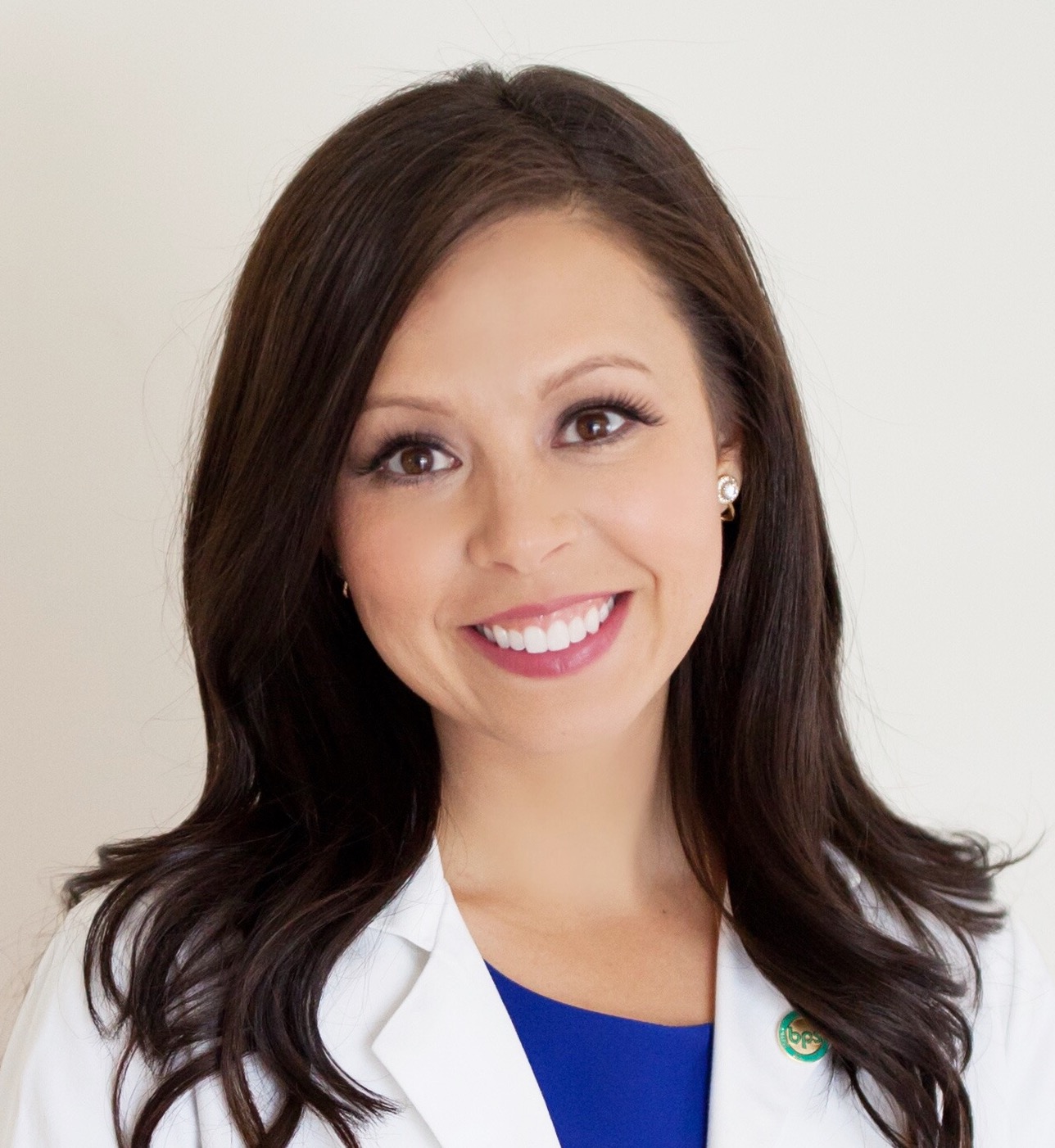As medical and health professions educators, many of us are driven to excel, have incredibly high expectations – imposed by self, institutions, and/or learners – and are, consequently, very hard on ourselves. When we inevitably make mistakes, such as misspeaking during teaching sessions or rounds, forgetting something important, or arriving late, self-criticism may take over. We may believe self-criticism is an effective motivator, but research indicates it undermines self-confidence and leads to fear of failure. Conversely, motivation with self-compassion – treating yourself with the same kindness you offer a close friend – creates an environment that supports personal improvement and personal growth and healthy impulse control while building resilience, reducing stress, and improving overall wellbeing.
If you are curious about the extent of your self-compassion, you can assess yourself using a self-compassion test and psychometrically sound and theoretically valid instruments. Based on your results, you may wish to enhance your capacity for self-compassion using the practice of Mindful Self-Compassion (MSC). This practice refers to being supportive toward oneself when experiencing suffering or pain – whether it is caused by external life challenges, personal mistakes, and inadequacies. The three core foundations of MSC are:
- Mindfulness of our negative thoughts and feelings: Knowing we are suffering when we are and paying spacious attention to what we are experiencing
- Common humanity: Recognizing we are not alone and that we are part of a larger human experience, seeing our imperfections as part of the human experience, and knowing that everyone suffers
- Self-kindness: Treating ourselves with kindness, warmth, and encouragement, just as you would a good friend or beloved one
Let’s consider two situations in medical and health professions education where MSC can be applied. Imagine you are leading a small group teaching session on a topic you are only moderately comfortable with. You misspeak when describing the pathophysiology of a disease state. A learner corrects you in front of the group. In this instance, you could meet this experience with self-criticism or self-compassion. With self-criticism, you might internally berate yourself and question your qualifications for your role or externally say something self-disparaging. With self-compassion, you might internally and/or externally: 1) acknowledge the discomfort, embarrassment, or shame you are experiencing; 2) recognize that you are not alone; everyone makes mistakes sometimes; and 3) offer yourself encouragement or warmth. Next you might consider what you need, which might be increasing your background knowledge, getting adequate rest before your next teaching session, or minimizing distractions in the learning environment.
Now imagine you are reviewing student evaluations. Most of your evaluations are positive, but a handful are negative and hurtful. You might automatically respond with embarrassment, shame, and question your choice to pursue work as an educator. However, with a self-compassionate response, you might: 1) recognize your suffering in the moment without being carried away with a dramatic storyline; 2) remember others have experienced similar pain or difficulty; and 3) comfort yourself with encouragement or supportive touch such as placing a hand over your heart or embracing yourself with a hug. From a place of mindful self-compassion, you may thoughtfully approach potential next steps such as brainstorming improvements to your future teaching; contemplating changes to curriculum design; or reminding yourself that, even with the best teaching, some students may not resonate with a particular style or delivery.
Consider the self-critical and the self-compassionate responses. Which do you think is most supportive to the educator, the learner, and the educator-learner dynamic? If you guessed the self-compassionate response, research is in your favor. Self-compassion can improve the medical educator by reducing feelings of shame and self-criticism, mitigating the effects of chronic stress, and avoiding exhaustion and burnout. The learner can benefit via positive associations with growth mindset and improved course performance and reduced burnout, anxiety, and stress. Self-compassionate educators can improve the educator-learner dynamic; self-compassionate teachers are more autonomy supportive and motivating compared to self-derogatory teachers.
As medical and health professions educators, we may work in stressful environments with high stakes and expectations. While self-criticism may seem to be an adaptive response, it is self-compassion that can provide greater motivation, strength, and wellbeing. The next time you experience work-related distress, consider applying the foundations of mindful self-compassion – mindfulness, common humanity, and self-kindness – to enhance your relationship to yourself and your learners while strengthening the educator-learner dynamic.
#MedEdPearls are developed monthly by the health professions educator developers on educational affairs. Previous #MedEdPearls explored emotional intelligence, strategies to understand the negative impacts of cancel culture, and fortifying faculty through neural synchronization.

Skye A. McKennon, PharmD, BCPS, ACSM-GEI is associate professor of Medical Education and Clinical Sciences and director of Interprofessional Education and Pharmacology at Washington State University Elson S. Floyd College of Medicine. HMI has made an impact on Skye’s career by expanding her professional network to foster collaboration and drive forward approaches that enhance and transform medical education. Skye’s areas of professional interest include wellbeing, interprofessional education, and educational scholarship. Skye can be followed on LinkedIn or contacted via email.
#MedEdPearls

Jean Bailey, PhD – Virginia Commonwealth University School of Medicine
Rachel Moquin, EdD, MA – Washington University School of Medicine

